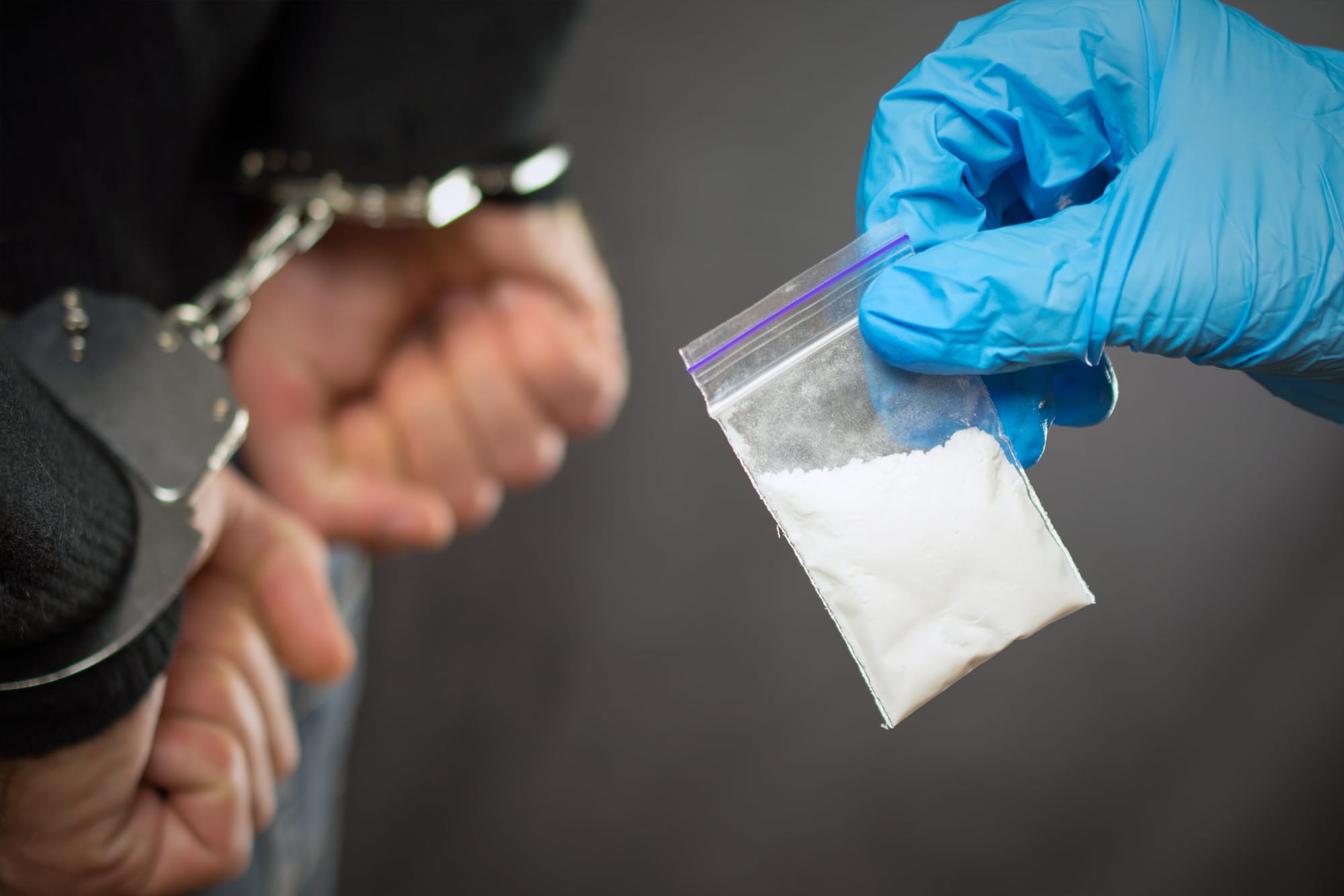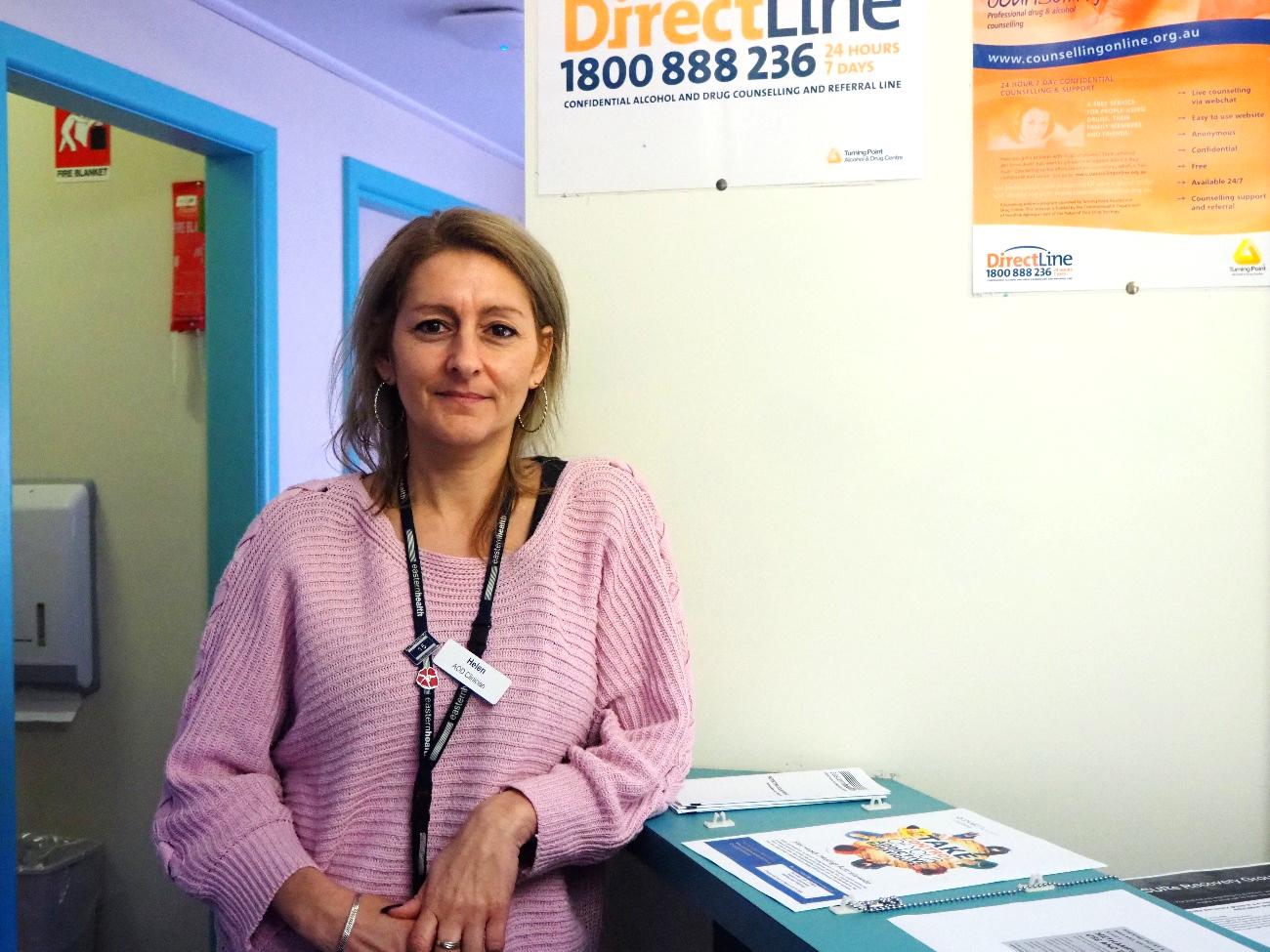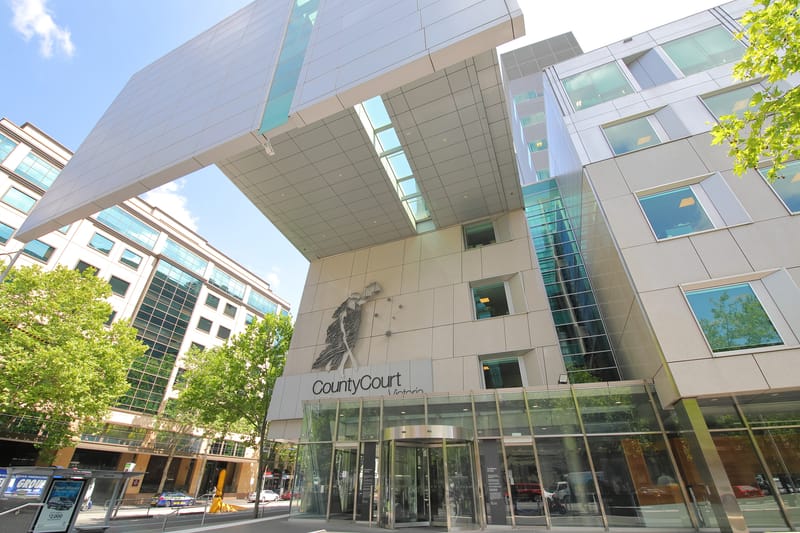Vicious Circle: Drug users can't access rehab, leading to crime
🔗 [SYSTEM UPDATE] Link found. Timestamp incremented on 2025-11-26 13:55:13.Providing easier access to community-based treatment is the key to reducing incidences of alcohol and drug-related reoffending, an expert has said.

By GAYATRI CHATURVEDI
Providing easier access to community-based treatment is the key to reducing incidences of alcohol and drug-related reoffending, an expert has said.
A clinician at addiction treatment centre Turning Point, Helen Pilakis, said there were not enough residential rehabilitation programs in Victoria.
“Often when people want to make changes there’s a lengthy wait before they can go in to treatment,” she said.

Drug use and possession makes up a significant proportion of recorded offences in Victoria, with incidences increasing by 12.9 per cent in the past 12 months, according to a report by the Crimes Statistics Agency this year.
The number of recorded offences has more than doubled from 2010 to 2019.
Alcohol and Drug Foundation spokesperson, Laura Bajurny, said lengthy waiting periods were a major hindrance, especially for those who recognise their issue and seek immediate help.
“People have to really want to make that change in their life in order for it to be successful and I firmly believe that part of that is ‘strike when the iron is hot’,” she said.
“When that person is ready to go, there should be whatever form of treatment they need, made available to them.”
Ms Pilakis provides group counselling through KickStart – a forensic therapy program for ex-offenders.
Focusing on harm minimisation, the program uses cognitive behavioural therapy-based practices to reduce the change people will reoffend.
Clients attend group counselling sessions twice a week for two three-hour sessions over eight weeks.
“We find that it’s a lot more effective than one-on-one counselling,” Ms Pilakis said.
“A lot of the conversations that are had in the group are just more effective and people challenge each other.”
Clinicians work to improve the mental and physical health of offenders by dealing with damaging behavioural patterns and lifestyle choices.
Ms Pilakis, who has worked in alcohol and drug treatment for 18 years, said she had seen a number of changes in rehabilitation programs, bringing in new reforms and policies.
While efforts to centralise services have been made, the requirement of clients to move between various specialised facilities for pre-screening and assessments, hinders the process of receiving the treatment itself, she said.
“I think it’s actually put up more barriers for people and increased waiting times to get into treatment initially.”





